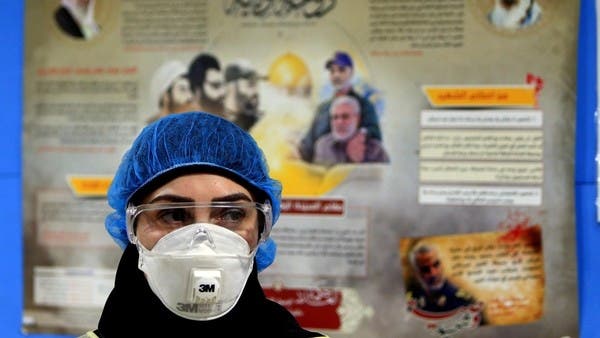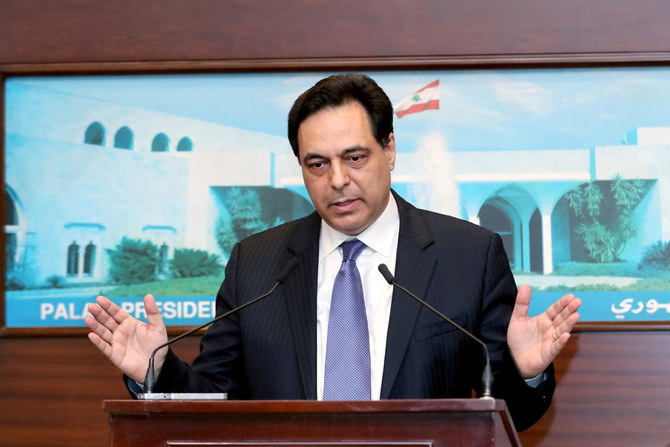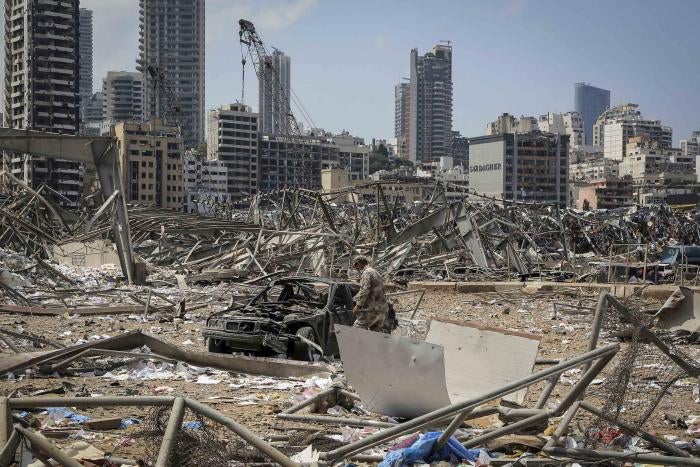
by english.alarabiya.net — Hezbollah has used Lebanon’s health budget to disproportionately fund its own medical institutions, according to a government document issued by the Health Ministry currently run by pro-Hezbollah minister Hamad Hasan. The official document showed the health budget allocations for both public and private hospitals, which the caretaker Lebanese government signed before its resignation last August only four days following the Beirut port explosion. It showed that the ministry raised the budgets of Hezbollah-sponsored medical institutions. In recent governments, Hezbollah began demanding more ministerial portfolios that have access to state services and funding such as the Ministry of Health and Ministry of Industry. This disproportionate budget allocation by the Ministry of Health has raised the concerns of Lebanese citizens on Hezbollah’s use of ministries to fund and support its own parallel economy.
Earlier this year, the Ministry of Health was also criticized for trying to replace medicines produced in Europe with alternatives produced in Iran. The document seen by Al Arabiya English showed that al-Rassoul al-Azam Hospital, which was not affected by the Beirut port explosion and is affiliated with Hezbollah, received 14.7 billion Lebanese pounds ($9.7 million at the country’s official pegged rate), an increase of 5.5 billion Lebanese pounds ($3.6 million) compared to the prior year. The same budget allocations were not increased for prominent hospitals such as the American University, Roum, and Hotel Dieu despite their recent challenges following the impact of the Beirut blast in August and being the major hospitals to receive and treat the number of dead and injured.
![Palestinian children can be seen doing their homework in their makeshift home in one of the poorest neighbourhoods in Gaza [Ezz Zanoun/Apaimages]](https://www.middleeastmonitor.com/wp-content/uploads/2017/11/2017_9-8-gazaEZZ_00-22.jpg)








